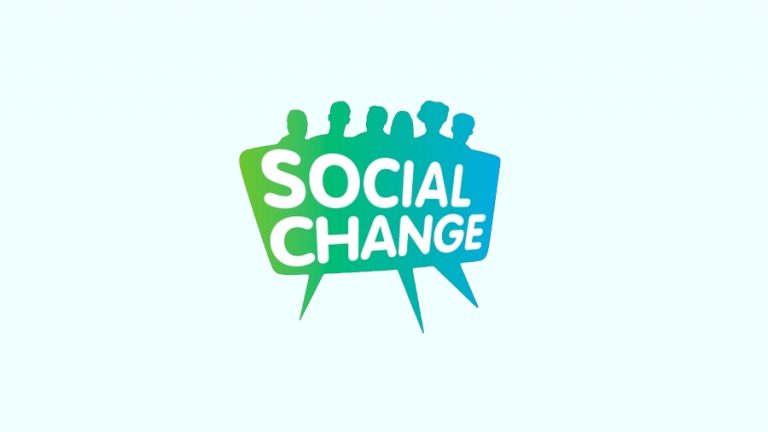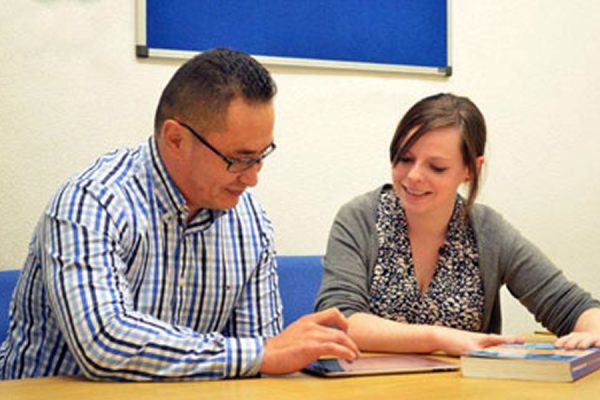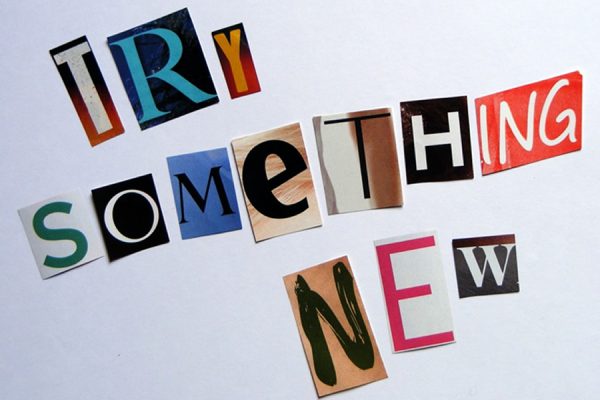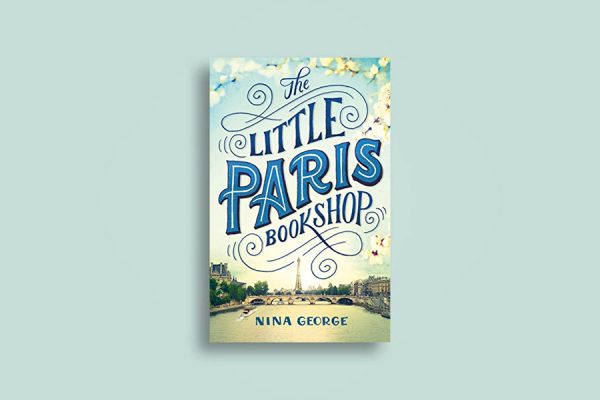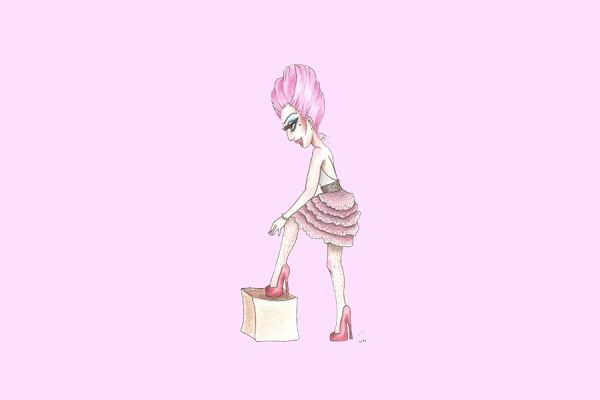
Amidst current global political changes taking place, I would like to share with you a story and activity that can be used with learners of English. My hope is that it will help people to have a clearer picture of multicultural Britain. The short story is about an English man called Josh. He tells his story of growing up in London, his school life and what he does in his early twenties. At the end of each chapter, there are phrases students can use to talk about their own lives. Students can either read the chapters in class or for homework.
This story was published in a free e-book at: https://www.smashwords.com/books/view/587804
JOSH by Jane Godwin Coury
LEVEL: B1
INSTRUCTIONS: Ask the students to read each chapter of the story below individually. After they have read a chapter, either ask them to tell their partner about themselves using the phrases or get the students to write sentences about themselves.
The end of chapter 5 leaves the students in suspense as Josh meets a beautiful girl, but we don’t know what happens after this. When they have finished reading and have talked about themselves using the phrases, ask them to write an ending to the story. After you have corrected their endings, the students can compare their versions with each other.
Chapter 1
Hi, my name´s Josh. I´ll be 30 years old next Tuesday. I´m from London, the capital of England. Did you know that my country is part of the United Kingdom (UK)? The other countries in the UK are Wales, Scotland and Northern Ireland. Here´s a map for you to see:

The UK lies between the North Atlantic Ocean and the North Sea and is 22 miles from France. Here´s an interesting fact for you! No one in the UK lives more than 75 miles from the sea! So, now you can see how small it is! I can also say I´m from Great Britain, which is the island of England, Wales and Scotland. The capital of Wales is Cardiff, the capital of Scotland is Edinburgh and the capital of Northern Ireland is Belfast.
As I write this in 2015, London has a population of 8.6 million people. The River Thames flows through the city and it´s England´s longest river (215 miles long). The city has a history dating back over 2,000 years and the river has played an important role bringing and taking products to different places. London is a very cosmopolitan city and you can hear people speaking many different languages on the streets. Some of them are residents, others are tourists. There are many interesting tourist attractions to visit like: Buckingham Palace, where the Queen lives; the London Eye, a big wheel where you can see the city from a capsule; the Tower of London, which was established in 1066 and many fascinating museums and art galleries.
I went to primary school in London until I was 11 years old. In England, you start primary school when you´re 5 years old. I remember my school very well. It was in an old Victorian building and there was a small playground. We began school at 9am and finished at 3.30pm. We had lunch at school every day and we ate a snack in the break times. Lunch was typically chicken, beef or pork with vegetables and chips. Our snack was usually crisps, chocolate or fruit. I liked all my teachers and my favourite subject was English. I loved writing stories and drawing pictures. I walked to school every day. It was about 15 minutes from our house.
Well, I’ve told you a bit about me. Now it´s your turn! Complete the phrases below to talk about yourself, your country and your primary school.
| Hi, my name´s …and I´m from … My country lies between … and … My city has a population of … There are some interesting tourist attractions in my city like … I went to primary school in … We began school at … and finished at … Lunch was typically … My favourite subject was … I walked/went by bus/went by car/went by train to school every day. |
Chapter 2
I have short, curly, dark brown hair, brown eyes and I am black. My grandparents are from Jamaica and they came to England in the 1950s after the Second World War. At that time, Great Britain´s economy was suffering and it needed help to rebuild the nation. In 1952, my Granddad started working for London Transport rebuilding the train stations, which had been damaged during the war. In 1958, he became a tube train driver and worked there until his retirement in 1995.
I have never been to Jamaica, but I really like the food from there. My Gran still cooks dishes like fish stew, which is really spicy. She also fries plantains. That´s a type of banana Jamaicans eat as a staple food. About four times a year, I go to my Grandparent´s house for lunch and meet up with the whole family. My cousin is a reggae singer and after lunch, he usually sings some reggae tunes like “No woman, no cry” by Bob Marley.
My Grandparents and parents live in Tottenham, which is in North London. My Mum is a secondary school teacher. She teaches History to 11-13 year olds. She really enjoys what she does. My Dad is a cab driver and knows London really well. He´s been driving a cab for 30 years.
I have a brother and a sister who are younger than me. My brother´s name is Samuel, he´s 28 years old and is a Maths teacher. He doesn´t live in London anymore. He moved to Bristol in 2010 after he got married. Kate, my sister, is the youngest. She´s 25 years old and she´s studying for her Master´s in Languages and Literature.
Well, that´s a bit about my family. Now, it´s your go! Complete the phrases below to talk about yourself and your family.
| I have short/long/curly/straight/dark/fair/red hair. I have brown/green/blue eyes. My grandparents are from … My parents live in … My Mum is a … My Dad is a … I have … brother(s) and … sister(s). They are younger/older than me. My brother is a … and my sister is a … My brother(s) and sister(s) live/don´t live in … |
Chapter 3
As I told you, I went to Primary school in London until I was 11 years old. After leaving primary school, I went to Northlands secondary school in Tottenham. We had to wear a uniform, which was a white shirt, black trousers (a black skirt for the girls), a blue jumper and a black blazer with the school badge on it. My school was very culturally diverse so many teenagers wore different kinds of headwear. There were Muslim girls who wore headscarves, Sikh boys who wore patkas on their heads and teenagers who had dreadlocks, like me. I used to have long hair to my shoulders. Now my hair is short.
I learnt a lot about other cultures at my school and there was a sense of community spirit. The school encouraged us to respect each other’s religions, way of dressing and cultural habits. For example, my Muslim friends went to a classroom to pray at lunchtime, I had a Hindu friend who didn´t eat beef in the school canteen and my Christian friends gave all their mates a chocolate egg at Easter. Our teachers always got us working in groups on projects in the classroom and I think that helped us a lot to understand each other.
The subjects I most liked at secondary school were English, Art and French because I thought they were interesting. I didn´t like Chemistry and Physics very much as I found them very difficult to understand. After school, we had extra-curricular activities such as drama, painting, dance and choir. I took part in the drama group and every year we performed a play in December. All the parents came to watch and after the play, we all got together in the school hall and ate food that our parents had made specially. As you can imagine, there were a lot of different kinds of dishes!
I told you about my secondary school and friends. Now it´s your turn!
| I went to … secondary school in (city) … We had to wear a uniform, which was … My friends … I learnt a lot about … Our teachers always … The subjects I most liked were … because … The subjects I didn´t like were … as … After school, we had extracurricular activities such as … I took part in … |
Chapter 4
When you´re 15 or 16 years old in the UK, you take your GCSEs (General Certificate of Secondary Education). Let me explain what they are! They´re academic qualifications that are taken in a variety of subjects. The average number of subjects is around 10, but some people do less and others do more. Before that, when you´re 13 or 14 years old, you can choose which subjects you want to study for your GCSEs. English, Maths and a Science are compulsory so you have to continue studying them. However, you can drop subjects like History, French or Business Studies.
After you´ve done your GCSEs, there are a number of paths you can take. You can leave school and get a job, you can study at a college of Further Education, you could do voluntary work or you could do A (Advanced) levels. Let me tell you what they are! A levels are also academic qualifications, but you typically do the examinations when you are 17 or 18 years old. You choose 3 or 4 subjects and study them for 2 years. Once you have these qualifications, you can apply for university. You can do your A levels at secondary school or at a college of Further Education. You don´t have to be a teenager to do them either! You can take them at any age.
As I´ve always enjoyed English and languages, I opted to do my A levels in English Language, English Literature and French. I decided I wanted to study Modern Languages and so I looked for universities which offered a degree in this subject. In the UK, this degree is called a BA (Bachelor of Arts). If I had chosen Science or Mathematics, it would be called a BSc (Bachelor of Science). I chose 5 universities to apply to. You get a place at university depending on your A level grades. I got grades A, A and B and got into my first choice of university, UCL (University College London).
In 2002, I started my degree in Modern Languages (French and Spanish) and in the third year I did work experience in France as a teaching assistant at a secondary school. You see when you study languages, you normally go abroad for a year to work or study, and of course learn the language!
I´ve said a bit about my qualifications and university. Now tell your partner about your experience.
| When you are 15 or 16 years old in (your country)…, you … Let me explain what they are! After you´ve done …, there are a number of paths you can take. You can … Once you have …, you can apply for university. As I´ve always enjoyed …, I opted to … I decided I wanted to… You get a place at university depending on … In (year)…, I started my degree in … In the (third) year, I did work experience/studied/ at … |
Chapter 5
While I was at university in London, I met lots of interesting people. One particular person became a very good friend. His name is Pedro and he was studying the same degree as me. He has straight blond hair, blue eyes and a fair complexion. He´s very studious and hard working. Pedro is Brazilian and moved to the UK when he was 12 years old. His parents work at Imperial College in London as researchers.
On our course, we had lectures and seminars about language, culture, history and literature. We were assessed by written and oral examinations, as well as coursework. We had loads of opportunities to practice French and Spanish as it is an international environment and there are people from all over the world there. There were many parties and cultural events every week.
In the UK, it is quite common for students to work part time in the evenings or at weekends to earn some money. The tuition fees are high and there are also living expenses like rent, utility bills (electricity, water, heating) and food. Pedro and I found jobs in the same place, which was quite near our university. We worked in a pub from 7-11.30pm from Thursday to Sunday. I worked as a bartender and he worked in the kitchen preparing food. The pay wasn´t bad and it helped pay the bills!
One night while I was serving people at the bar, the most beautiful woman I have ever seen walked through the door. She was smiling and coming towards me.
“Hello”, she said. “You must be Josh. I´m Carla, Pedro´s cousin”
“Hi, Carla, nice to meet you”, I replied.
“Pedro has told me so much about you!”, she exclaimed.
“Really! I hope nothing bad”, I said laughing.
“No, no, all good!”, she assured me.
Complete the sentences below and tell your partner.
| While I was at university/work/?, I met … My friend´s name is … He´s/She´s very … On our course, we had lectures and seminars about … In (your country), it is (not) common for students to work part time. The tuition fees are high/low/free in my country. I had to/didn´t have to pay utility bills, such as … I worked as a … One day/night, I met the most (beautiful/handsome) … woman/man I have ever seen Now tell your partner how you think the story ends? |
